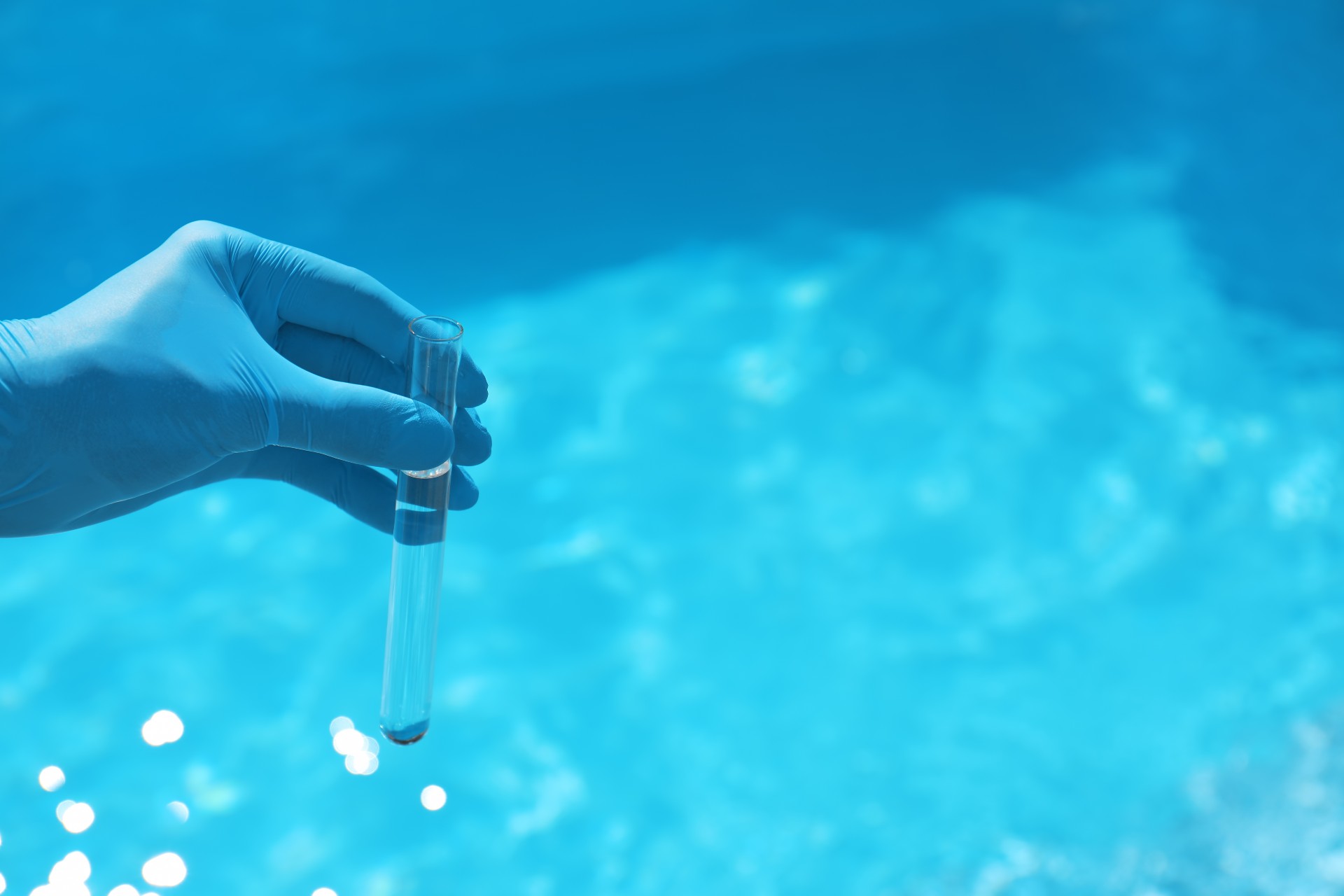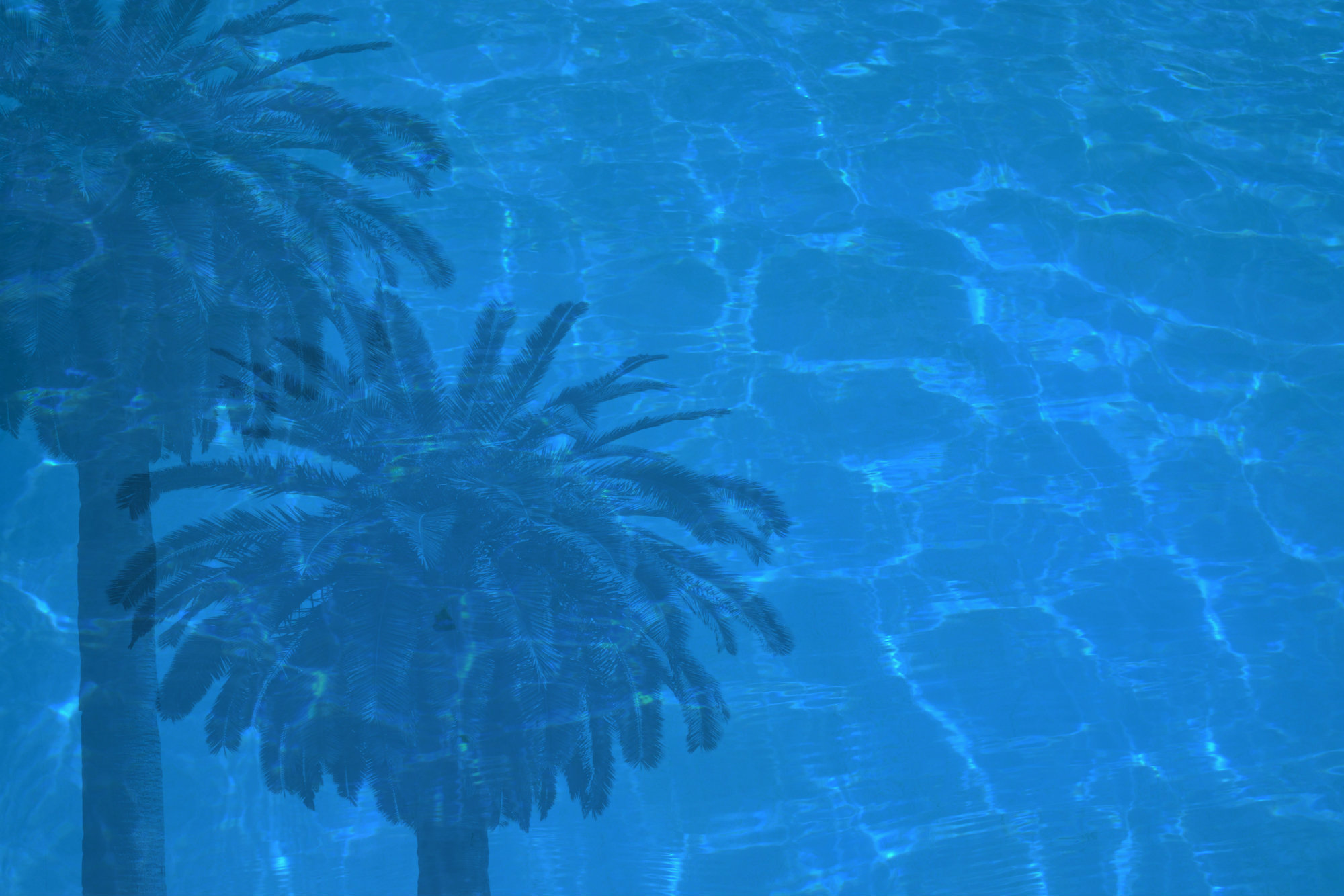Retailers have long wrestled with how to handle people who visit their stores for the free water tests, only to purchase their water care products elsewhere.
Memphis Pool has shared in that conundrum. Mark Reed, president of the Memphis-based company, tried a new solution utilizing an existing customer loyalty program. The strategy yielded quick results.
A fine line
A few years back, Reed noticed that the staff was performing a lot of testing, without the sales results one might expect.
“We were watching the customers walk out [afterward],” he says. “Of course, their standard answer is, ‘I’ve got that at home,’ and maybe they do, but maybe they don’t … If you’ve got the same guy [coming] in five days in a row, and he never buys anything, then you just wonder.”
In 2018, his staff performed about 32,000 water tests. He wanted to get a sense of what portion of those individuals made purchases. So Reed began pulling random water samples and checking sales records for the people who brought them. He not only looked at the consumer’s history in the retail operation, but also checked to see if they had done any business with the construction or service sides.
“It was very apparent that we had an issue,” Reed says. “We were doing a lot of water tests for folks who were going down the road and buying, most likely from big box stores or online.”
He worried not only that this service cost his company too much, but also that it degraded the quality time his team wanted to spend with customers. Reed wanted to find a way to cull the freebie-seekers from those who would make it to the store for other reasons. So he decided to use his company’s customer loyalty program to this end.
Memphis Pool would charge $5 for water testing. This would cover the cost of the component needed for the test.
However, those who signed up for the store’s Splash Rewards program would receive a $5 credit. This amount became immediately redeemable during the visit, a move more generous than most customer loyalty programs, which only allow customers to recoup a small portion of their spending.
“At the end of the day, you’re not really charging for the test — you’re charging for the analysis, advice and time that you spend with people in the store,” Reed says. “We decided that we didn’t want to punish our good customers and people who are buying from us. We figured $5 was a fair price … We weren’t making any money, but we weren’t losing money on it either.”
To east customers into it, the team posted signs and began verbally warning customers a year in advance, encouraging them to sign up for the Splash Rewards program so they would be set up before the change. This not only prevented shell shock for the customers, but hopefully would mean fewer confrontations for the staff once they had to start charging.
“It’s hard enough to work in a retail environment,” Reed says. “It’s even harder to work in a seasonal retail environment in the pool industry. Nobody stops in just to browse and shop. They’re in here because they have a problem, so they come in already frustrated in a lot of cases. So you don’t want more conflict and aggravation by making them stand in line and telling them they have to pay for the water test.”
Measuring performance
It became official policy in early 2019, followed by plenty of pushback.
“I spent a lot of time in the showroom talking to customers, explaining the program to them,” Reed says.
He and the staff clarified to customers not only that the test was still basically free — as long as they made a purchase of $5 or more. They also pointed out that the lines for a water test would likely shorten as the non-serious customers left, and that the staff could spend more quality time with loyal patrons.
“What I found was the people who were mad were the ones who were not our customers,” Reed says.
Where the staff cranked out 32,000 tests in 2018, less than 13,000 were performed the following year. Despite this, the company saw a 4% increase in chemical sales and a 6% hike in overall sales
“I directly attribute that to the customers who did not come back and take our time in the store — we were able to spend more quality time with the people who were truly our customers,” Reed says. “That confirmed my suspicions that probably 50% of the people who were testing in our water lab were not buying anything from us.”
In addition to the extra earnings, the company was able to reduce its staff by at least one person per store. “We have a lot of seasonal and part-time help, and a lot of what they do is just stand at the water lab and test, and then hand off results to somebody on the sales floor,” Reed says.
Memphis Pool stopped charging for testing when the pandemic came. The extra step would have proven too complicated as the company maneuvered its drop-off stations during lockdown. Plus the team wanted to make things as simple and easy on customers as possible. With price increases and the ebbs and flows of traffic due to variants, Reed hasn’t thought it the right time in the two years since the onset. In that time, water testing has gone back to its old pace, with about 30,000 tests performed last year.
However, now that traffic seems to be normalizing, the company hopes to restore the program as soon as possible, once pricing settles down so they’re not adding to customers’ sticker shock. He also wants to time the change when there doesn’t seem to be a threat of COVID-19 variants and lockdowns, in order to avoid a pattern of starting and stopping.
But it’ll be worth it, he says. “I think that the net effect was a more pleasant experience for everybody,” he says. “The lines at the water labs were much shorter, and the time our staff spent with customers was quality time.”
And the staff felt like their time was better spent, helping those who actually needed it.
“It’s hard to put on a smiley face and give them attention and answer their questions, knowing they’re not going to buy anything from you,” Reed says.


